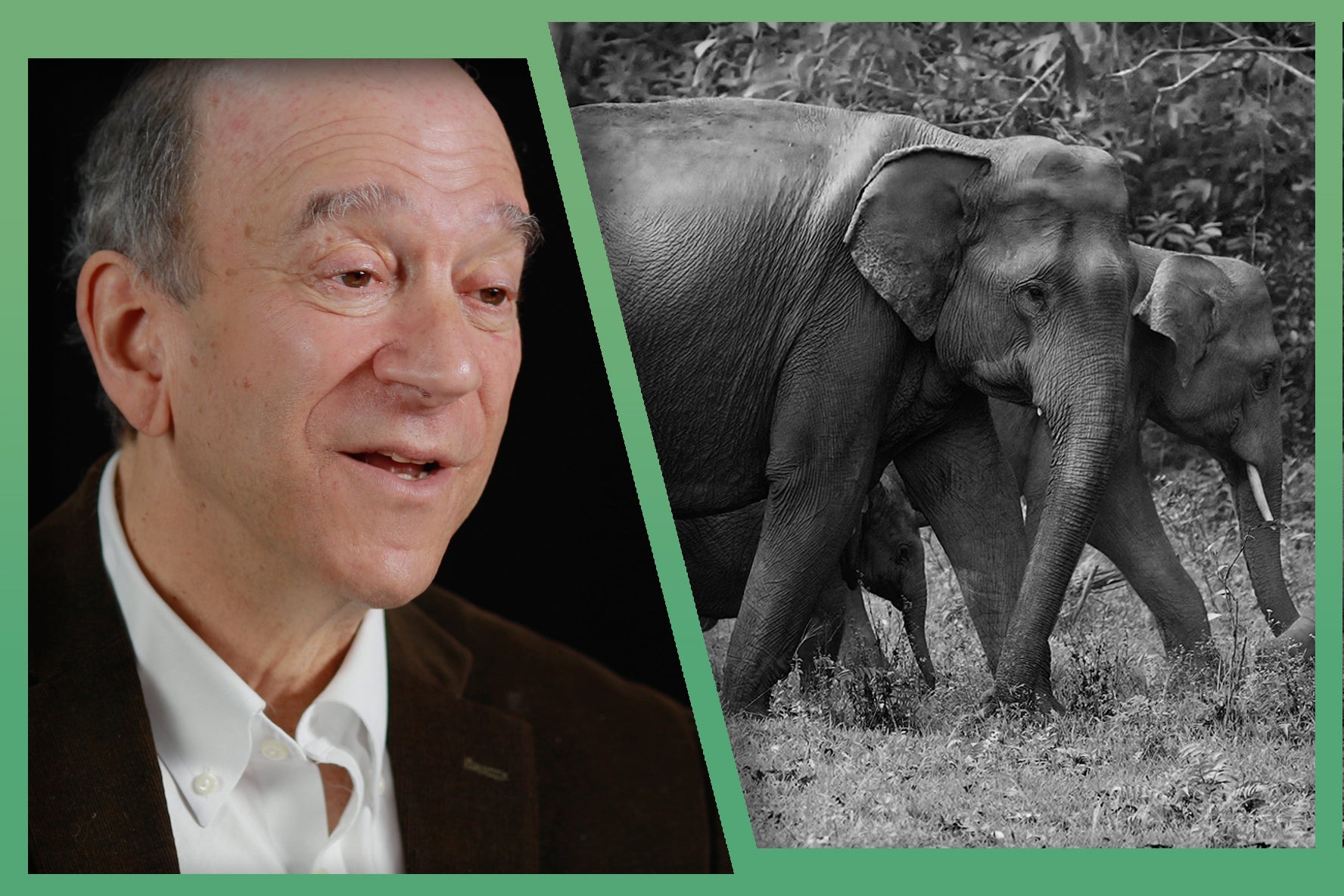In this installment of “Cases in Brief,” Harvard Law Professor Richard Lazarus ’79, an expert on environmental law and the Supreme Court, discusses Lujan v. Defenders of Wildlife, a landmark citizen-suit case. The case, decided in a 6-3 ruling by the Supreme Court in 1992, effectively hindered the ability of private citizens to bring lawsuits to enforce federal environmental statutes for much of the 1990s.
Defenders of Wildlife sued Secretary of the Interior, Manuel Lujan, Jr. under the citizen-suit provision of the Endangered Species Act, citing projects funded by the U.S. government that threatened endangered species overseas. In his majority opinion, Justice Antonin Scalia ’60 wrote that the plaintiffs lacked standing, under Article III of the U.S. Constitution, because their claims were based on speculative environmental harms rather than “actual or imminent invasion of a concrete and particularized interest of the plaintiffs.” In his dissent, Justice Harry Blackmun ’32 called the decision a “slash-and-burn expedition through the law of environmental standing.”
In the video, Lazarus, the Howard and Katherine Aibel Professor of Law at Harvard Law School, says, “Lujan v. Defenders of Wildlife is such an important case because it announced for the first time that Justice Scalia would have an outsized influence on environmental law.”
